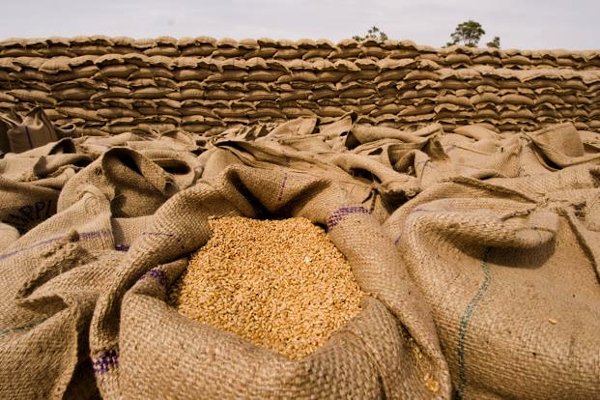As the festive season approaches in India, the union food and public distribution secretary, Sanjeev Chopra, has reassured the public that timely government interventions are expected to keep prices of essential food items stable over the next two months. The government has been actively utilizing various tools at its disposal, including the open sale of commodities and stock limits, to control and stabilize prices.
Chopra stated, “The government has been using all tools at its command — open sale of commodities, stock limits and [other] curbs [to keep prices in check]. The curbs may have impacted certain sections adversely [but] they are for the 140 crore consumers of the country. We have seen good results. They have been very effective in ensuring prices remain stable.”
He further expressed confidence that essential commodity prices would remain stable, and there are no expectations of unforeseen price hikes during the festival season.
Regarding rice prices, which have been experiencing inflation levels around 11-12%, Chopra noted that with the new harvest of kharif paddy, prices are expected to decrease significantly. He explained that the export duty of 20% on parboiled rice has contributed to a 65% reduction in exports in volume terms. This duty, initially imposed until 15th October, has been extended to 31st March 2024. Its extension aims to maintain adequate supply in the domestic market and prevent parboiled rice from being exported under the guise of other varieties.
Chopra also highlighted that India has permitted the export of nearly 1.2 million tonnes of non-basmati white rice to several countries, including the Philippines, Mauritius, Nepal, Bhutan, the UAE, and Singapore.
The secretary discussed the reduction in prices of all edible oils, except groundnut oil, by more than 15%, attributing this achievement to timely government measures.
Regarding sugar prices, Chopra mentioned that there has been a decade of stable retail prices with 2% inflation. He emphasized that Indian sugar is now the cheapest in the world. The average retail sugar price in India is ₹44 per kilogram, while it is significantly higher in other countries, such as ₹134 in the UAE, ₹112 in Sri Lanka, ₹110 in the UK, and ₹76 in Brazil.
Chopra predicted that sugar prices would fall once mills commence sugarcane crushing. Sugarcane production may face challenges in the key producing states of Maharashtra and Karnataka due to erratic monsoons, but it is expected to increase in Uttar Pradesh, another significant producer. The first advance estimate for sugarcane production for 2023-24 may be released next week.
To ensure adequate domestic supply, the government extended restrictions on sugar exports beyond 31st October until further orders. This move is part of an ongoing effort to monitor monthly dispatches of sugar mills and ensure sufficient availability in the domestic market.
The government’s focus on sugar export policy is also aimed at promoting consistent production of ethanol from sugar-based feedstock. In 2022-23, India diverted approximately 4.3 million tonnes of sugar toward ethanol production, generating an estimated revenue of about ₹24,000 crore for sugar-based distilleries.
Chopra revealed that the government is also directing attention to maize for ethanol production. The contribution of maize to ethanol production was zero last year, and the government aims to increase maize productivity from the current three tonnes per hectare to five tonnes per hectare within three years.
These measures and interventions reflect the government’s commitment to ensuring price stability for essential food items and promoting ethanol production from various feedstocks, contributing to India’s self-reliance and economic growth.
